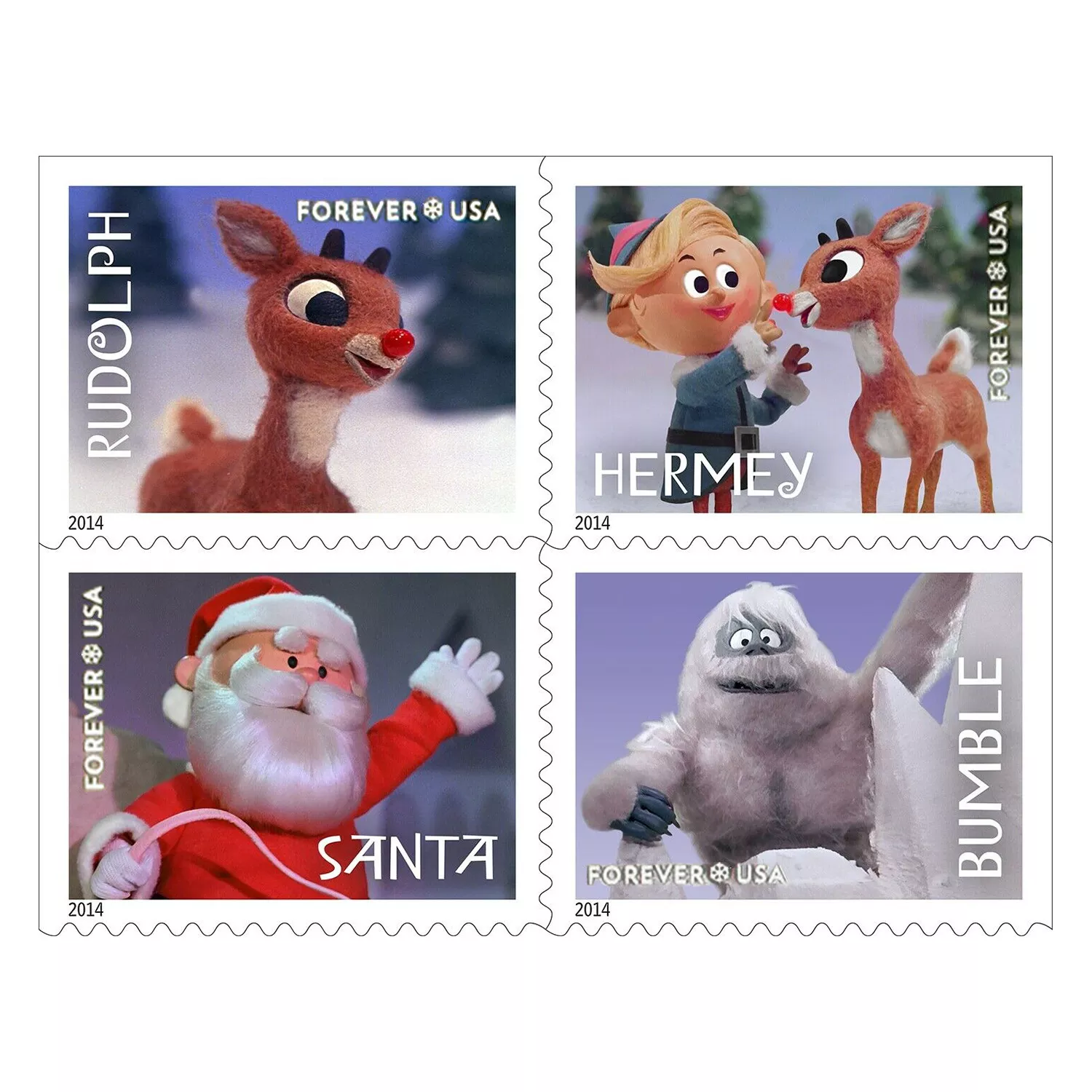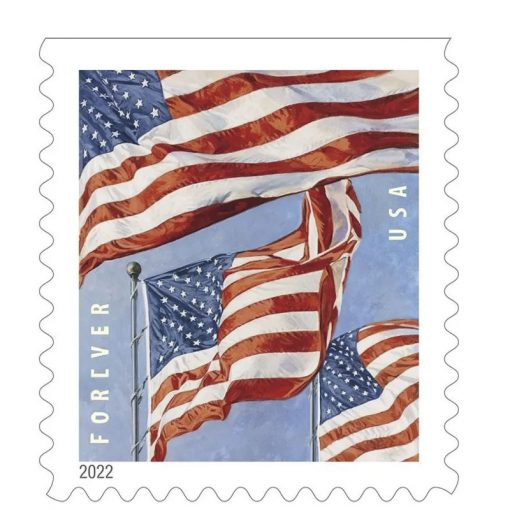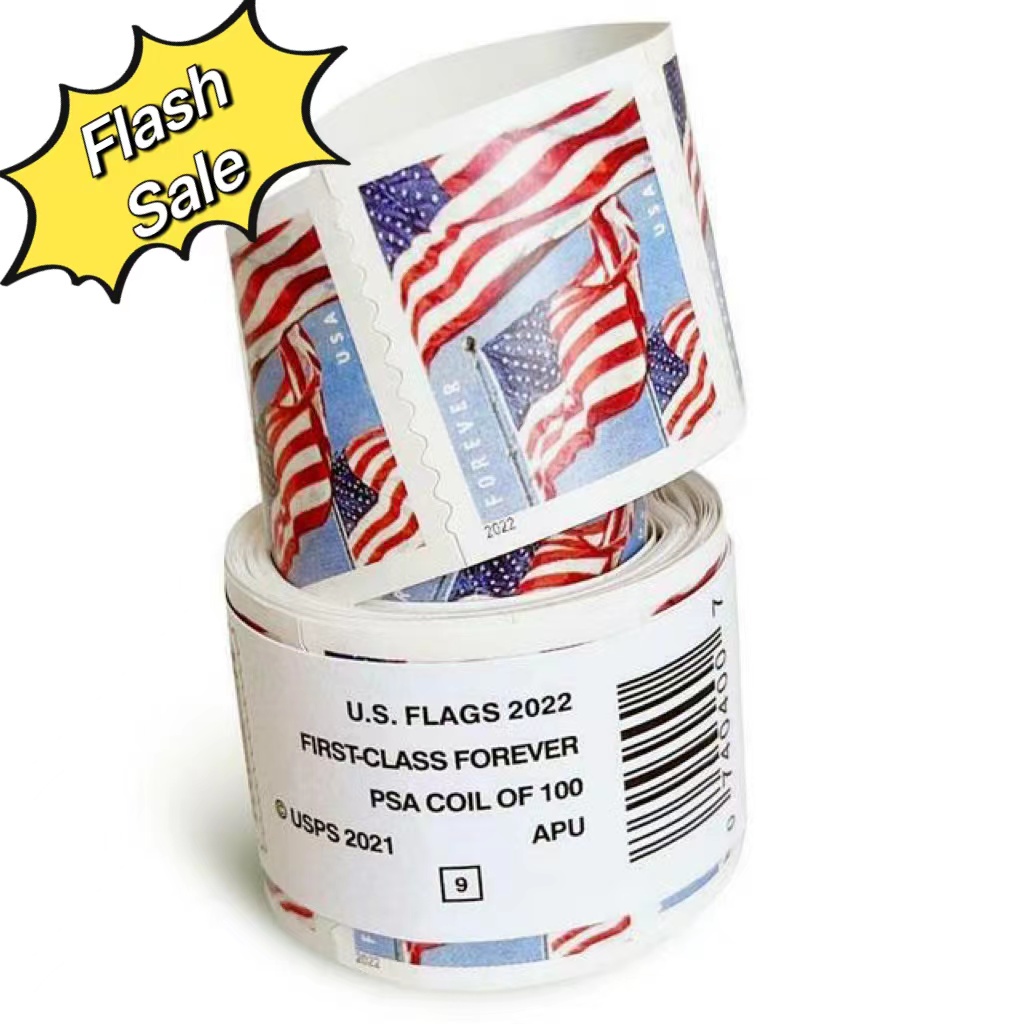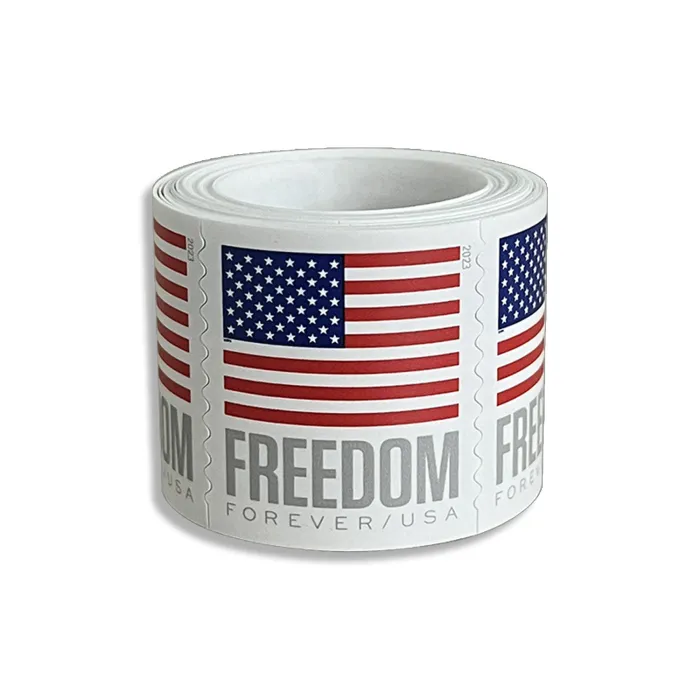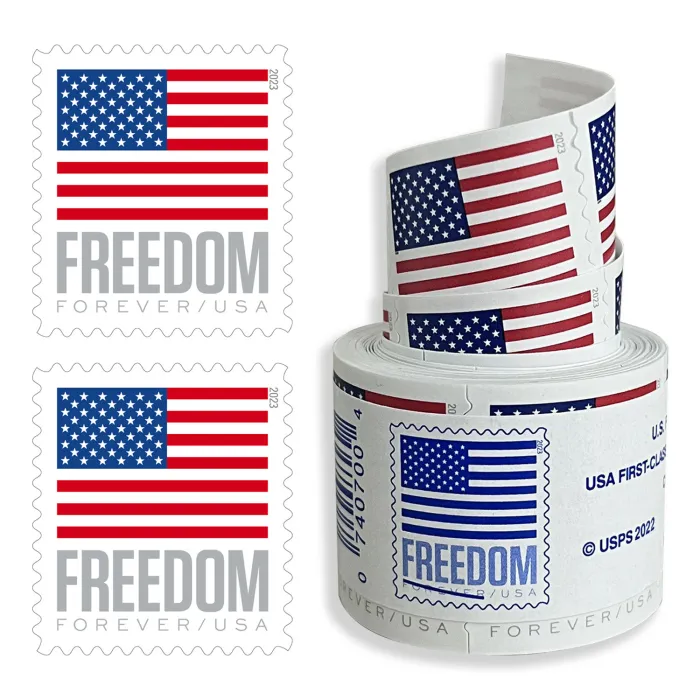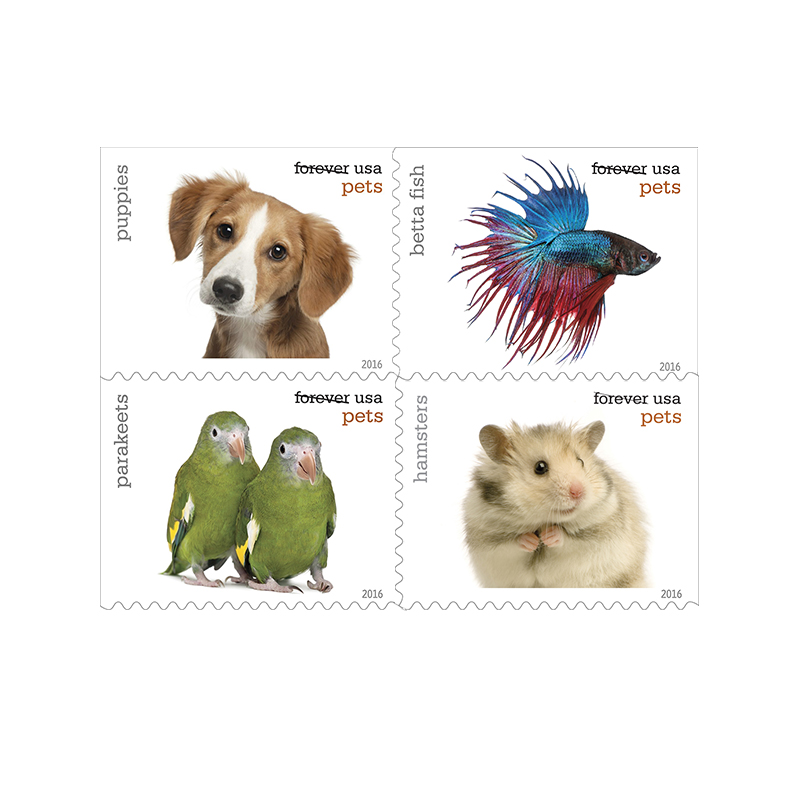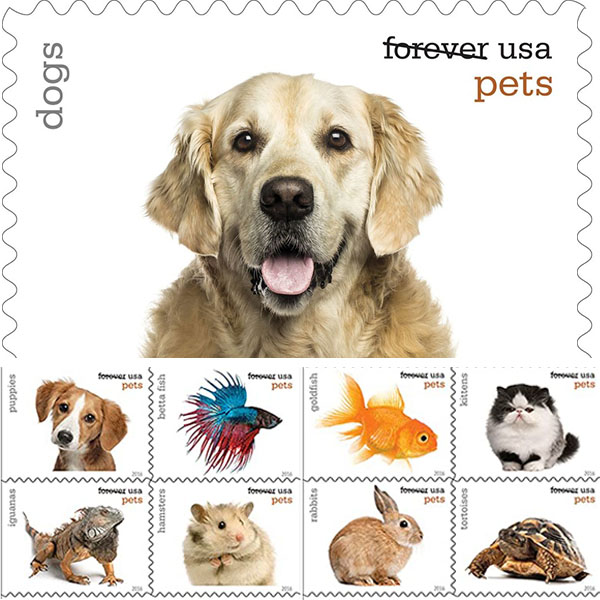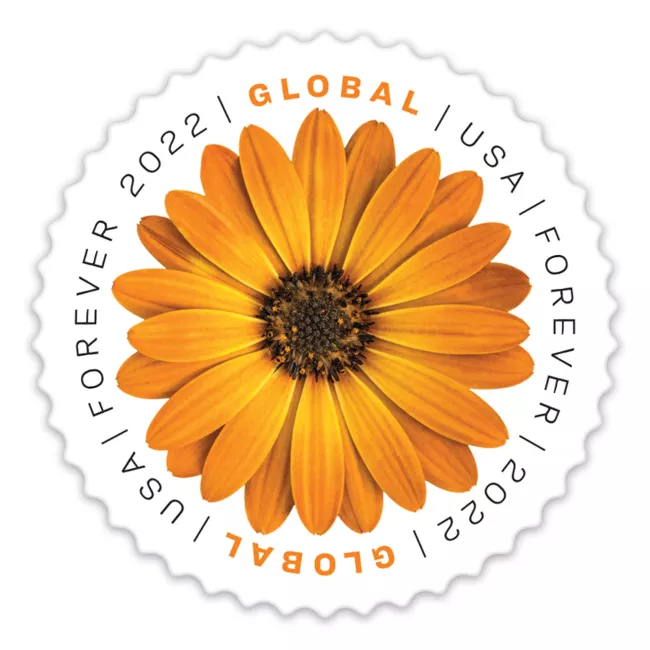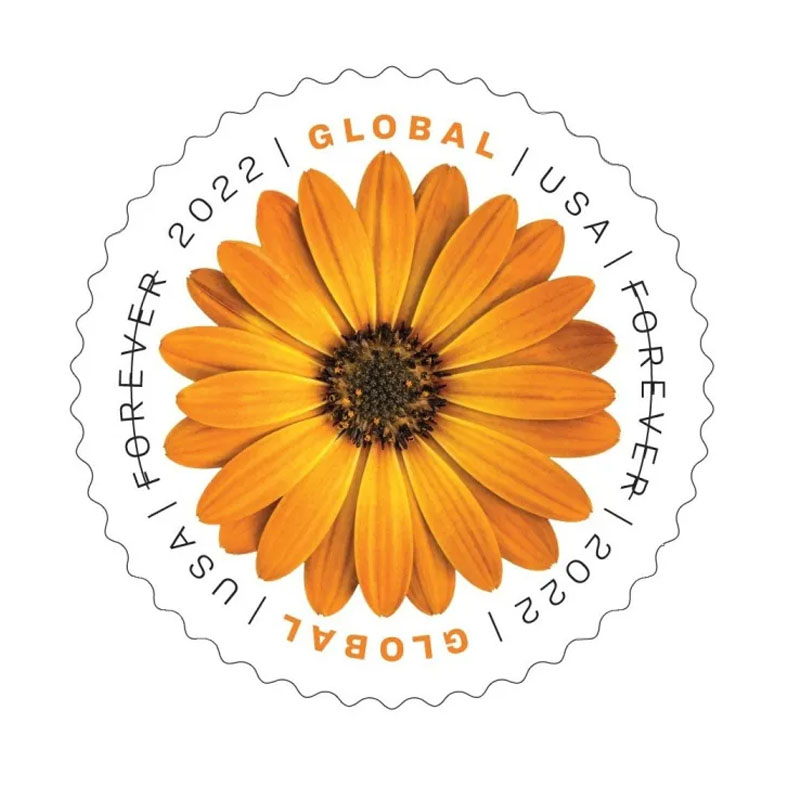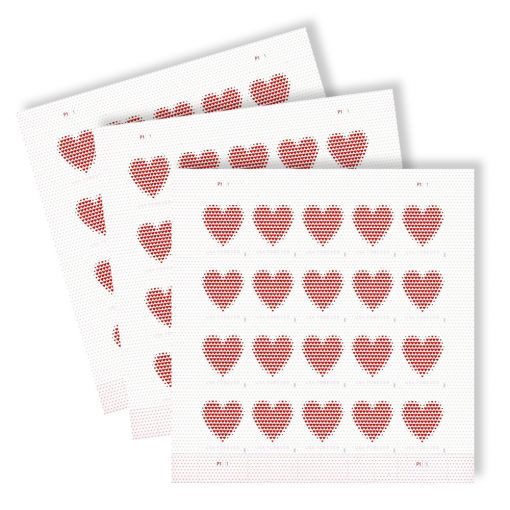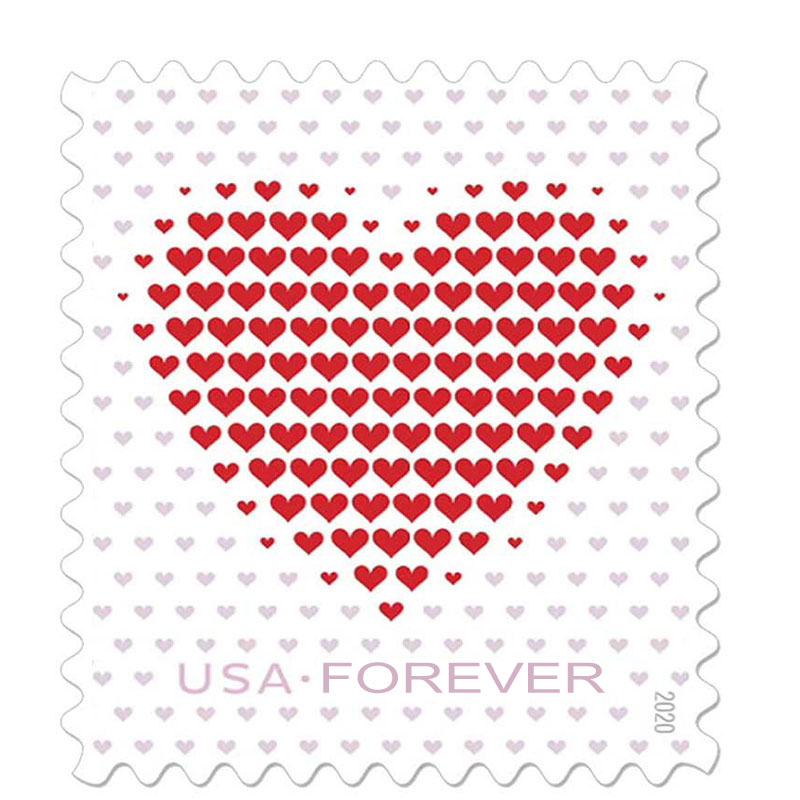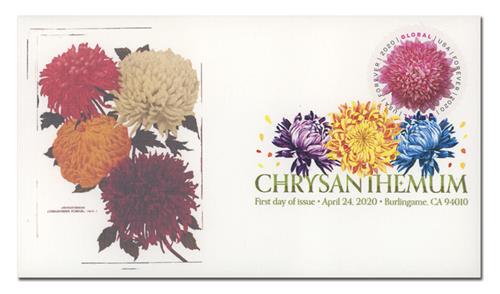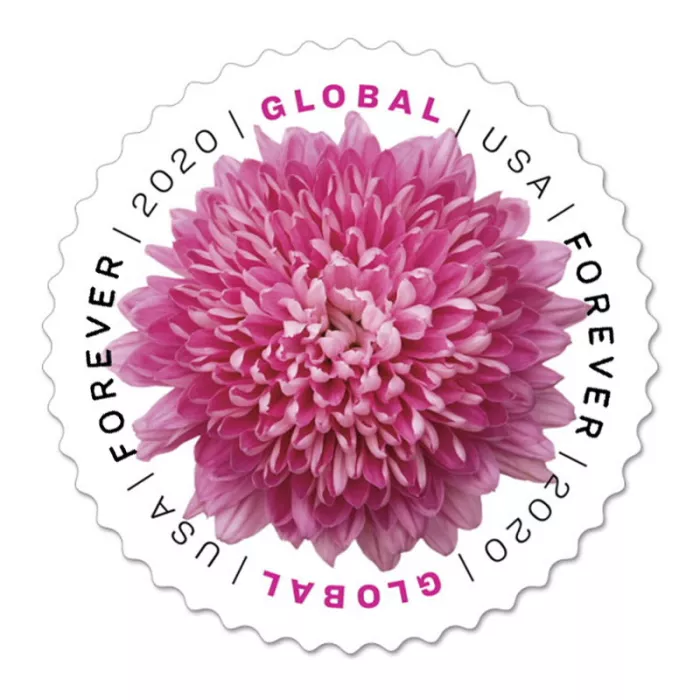What are you looking for?
Search
Our commitment:
● Forever, First-Class Rate-Original authentic
● 100% New
● 100% Hassle-Free Returns
● 100% Secure Payments
● Free Shipping
We will always ship within 1-2 business days. Shipping time will take 2-5 Business day to Delivered.
Any problem, pls feel free to contact us. We will try best to make you 100% satisfie
● Item location:3309 N Mission Rd, Los Angeles, CA 90031
Rudolph The Red-Nosed Reindeer
On December 6, 1964, Rudolph the Red-Nosed Reindeer first premiered on television.
In the 1930s, Chicago-based retail store Montgomery Ward bought and gave away coloring books to children every year for Christmas. In 1939, they decided it would be easier to create their own book and tasked copywriter Robert May with crafting a fun story for their new book.
May knew the story would be about a reindeer and first considered naming it Rollo or Reginald before deciding on Rudolph. While sitting in his office considering how to write the story, he looked out the window to see a thick fog rolling in over Lake Michigan. As he later recalled, “Suddenly I had it!… A nose! A bright red nose that would shine through the fog like a spotlight!”
May consulted often with his four-year-old daughter Barbara as he composed the tale, changing the story to please her. He designed the story as a poem, matching the popular “A Visit from St. Nicholas.”
When shown the finished story, May’s employer asked, “Can’t you come up with anything better?” But the executive agreed to publish May’s fable of an adventurous reindeer, and customers snatched up 2.4 million copies in that first year.
Nearly a decade later, the story was turned into a cartoon by Max Fleisher to promote Montgomery Ward stores. Then in 1949, May’s brother-in-law turned the poem into a song, popularly performed by Gene Autry. The tune, which differed some from the book, was the number one song that Christmas and sold 2.5 million copies its first year. It would go on to become the second best-selling record of all time into the 1980s. In the coming years, the tale of Rudolph would also be adapted for comic books as well as another children’s book from Little Golden Books.
In 1964, 25 years after the original book was produced, the story was adapted once again, into the beloved stop-motion animation television special by Rankin and Bass. When the producers were planning the special, they couldn’t find a copy of the book, so they based their story on the song and added in some new characters – Hermey the elf, Yukon Cornelius, Clarice, the Abominable Snow Monster, and Sam the living Snowman.
The animation was filmed in Tokyo, Japan, and the sound recording was done in Toronto, Canada. The 55-minute film
premiered on December 6, 1964. It became an instant classic and has been shown on TV every year since, making it the longest continuously running Christmas special in TV history.
In the years since its release, there have been several sequels – Rudolph’s Shiny New Year (1976), Rudolph and Frosty’s Christmas in July (1979), and Rudolph the Red-Nosed Reindeer and the Island of Misfit Toys (2001).
Product Specs:
Issue: Rudolph the Red-Nosed Reindeer Stamps
Item Number: 689600
Denomination & Type of Issue: First-Class Mail Forever
Format: Double-sided Booklet of 20 (4 designs)
Series: Holiday Celebrations
Issue Date: November 6, 2014, Washington, DC 20066
Art Director: Greg Breeding, Charlottesville, VA
Designer: Greg Breeding, Charlottesville, VA
Typographer: Greg Breeding, Charlottesville, VA
Modeler: CCL Label, Inc.
Manufacturing Process: Gravure
Engraver: WRE
Printer: CCL Label, Inc.
Printed at: Clinton, SC
Press Type: Dia Nippon Kiko (DNK)
Stamps per Booklet: 20
Print Quantity: 500 Million Stamps
Paper Type: Prephosphored Paper, Type II
Adhesive Type: Pressure-sensitive adhesive
Processed at: AVR, Clinton, SC
Stamp Orientation: Horizontal
Image Area (w x h): 1.05 x 0.77 in./26.67 x 19.56 mm
Stamp Size (w x h): 1.19 x 0.91 in./30.23 x 23.11 mm
Full Booklet Size (w x h): 2.38 x 5.75 in./60.45 x 146.05mm
Press Sheet Size (w x h): 14.28 x 5.75 in./ 362.71 x 146.05 mm
Colors: Yellow, Magenta, Cyan, Black, 1795 Red
Plate Size: 120 stamps per revolution
Plate Numbers: “C” followed by five (5) single digits
Marginal Markings: Title • Plate numbers in peel strip area • © 2014 • USPS logo • Licensing Information • Promotional text
FAQs
Why is it so cheap? Can a letter be mailed?
Why did my credit card payment fail?


